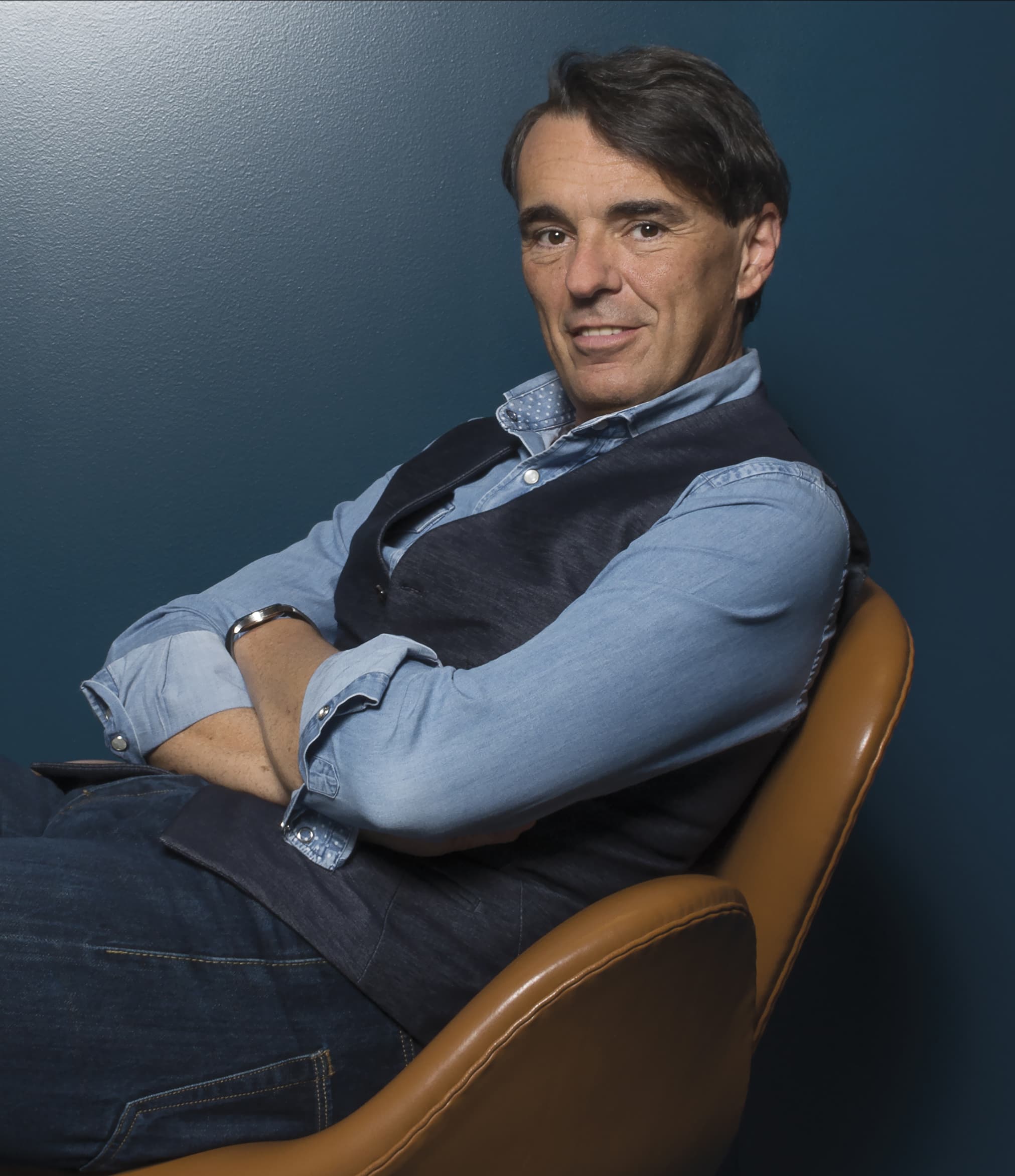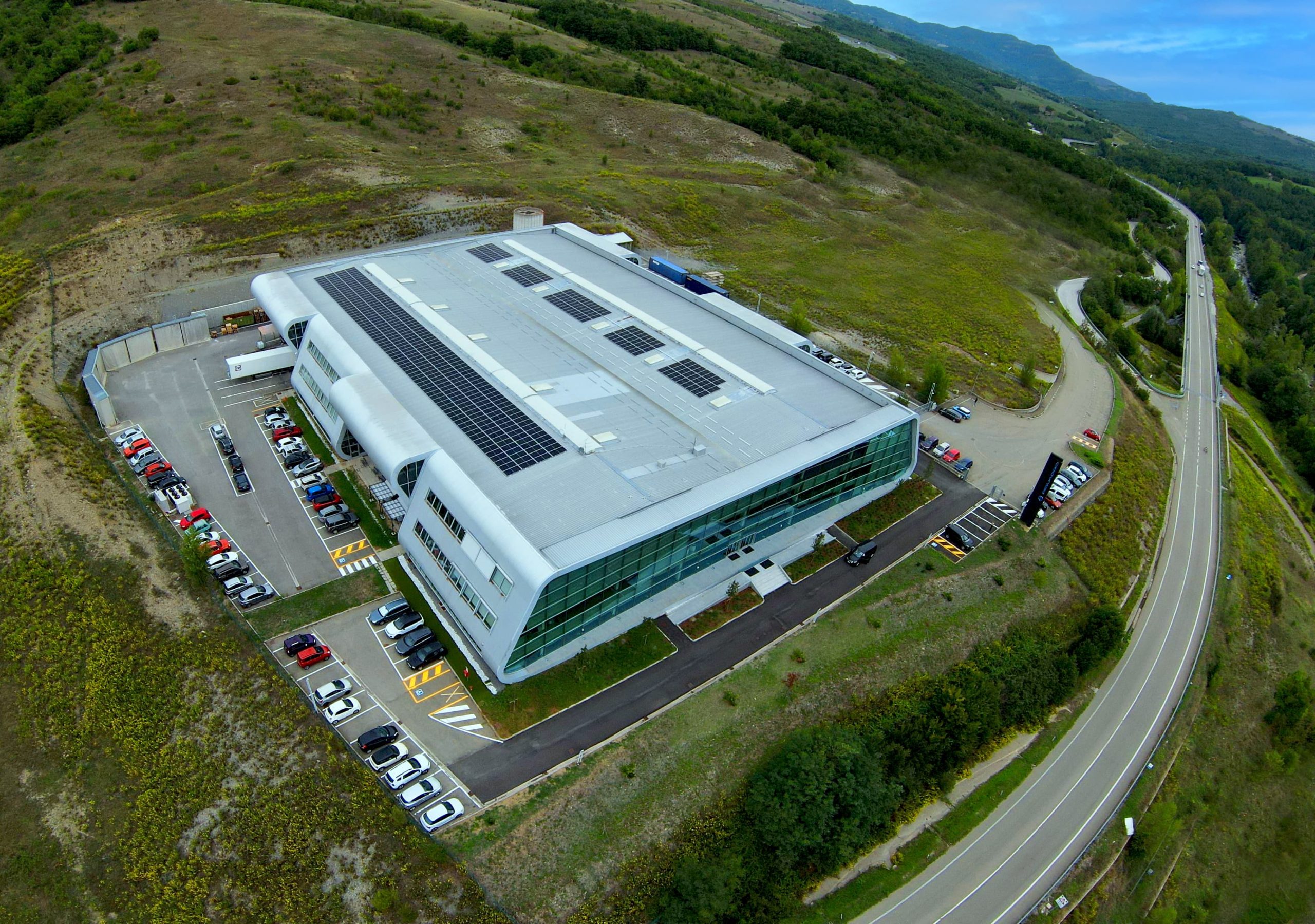Reforestation and photovoltaics to offset and reduce the Group’s footprint.
Piquadro has taken a new, decisive step in its path endorsing sustainability and, after the strategic shift embracing green thinking involving the use of recycled materials, leathers from certified supply chains and the project supporting the local mountain community, it’s now proud to announce carbon neutrality for the entire Group.
Based on the figures reported in the sustainability report, prepared four years ago, the Piquadro Group established its carbon footprint for scopes 1 and 2 adopting the market-based calculation method, for emissions generated in the fiscal year 2021-22 and it defined an offsetting plan for all emissions that will enable the organisation to become carbon neutral by the end of 2022.
The objective of offsetting the 1,896 tonnes of CO2 produced by the Group companies – Piquadro, The Bridge and Lancel – will be achieved through certified carbon credits generated thanks to reforestation of highly degraded areas of the Cerrado in Brazil, the most biodiverse tropical forest in the world. This project, developed and managed by the Bologna-based company, Carbon Credits Consulting, enables the recovery and restoration of the native forest, while helping to defend biodiversity and improve the living conditions of local populations.
At the same time as offsetting the carbon footprint for corporate activities, the Piquadro Group has made another important commitment to environmental sustainability, paving the way for an even higher degree of responsibility: it will gradually begin to offset CO2 emissions for the manufacture of certain products, which are among the best sellers of the three brands. Around 15 best selling items were identified in the Piquadro, The Bridge and Lancel brand portfolio, and the amount of CO2 emitted was calculated for each with the aim of offsetting through the purchase of additional certified carbon credits. Piquadro will thus be one of the first businesses in the world – not only in its industry – to have embraced such an ambitious level of commitment.

“As an entrepreneur, I consider the reduction and offsetting of carbon dioxide emissions an essential ETHICAL step for the three brands of the Group” says Marco Palmieri, Chairman and CEO of the Piquadro Group. “Offsetting is a first step. The real challenge is and will be the reduction of emissions through design processes directed towards this goal, informed behaviour and an honest commitment to spreading awareness regarding emissions. This commitment goes hand in hand with nurturing social sustainability”.
Andrea Cornacchia, CEO of CCC, Carbon Credits Consulting, comments: “We are extremely happy and proud to support a company in our area. We are sure that Piquadro will become a role model for many other businesses as a result of its decision to offset emissions embracing a very high-quality project, and it has enacted this strategy not only for the organisation, as a whole, but also for part of its manufacturing processes. Few companies in the world can claim such a level of environmental responsibility”.
“Carbon credits” or offsetting certificates are the means by which it is possible to mitigate the effects of the gigantic carbon footprint represented by the production of global CO2, the main cause of climate change. One carbon credit equals one tonne of CO2 that is not generated or removed from the atmosphere through implementing certified projects, including forestry schemes that not only capture atmospheric CO2, thanks to chlorophyll photosynthesis of plants, but contribute to the benefit of biodiversity and the communities in the scheme area, factors which are all extremely important for Piquadro.
In addition to offsetting the Group’s carbon footprint through a reforestation project, Piquadro is implementing important measures to accelerate energy transition and, with this aim in mind, it has just completed installation of a 173-kW photovoltaic system at its headquarters in Gaggio Montano. Thanks to cutting-edge technologies, this project, implemented together with Enel X, will contribute to reducing annual energy use by 46%, generating 190 MWh of electricity from solar energy annually and preventing the emission of 95 tonnes of CO2 per year into the atmosphere.


